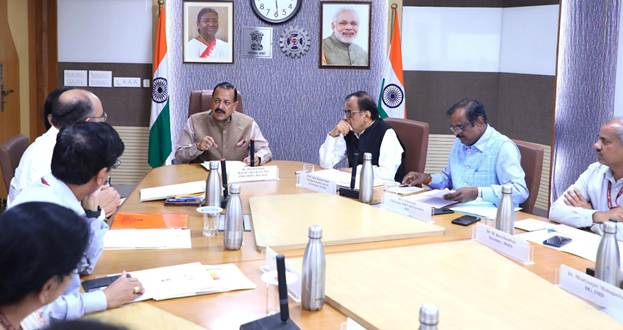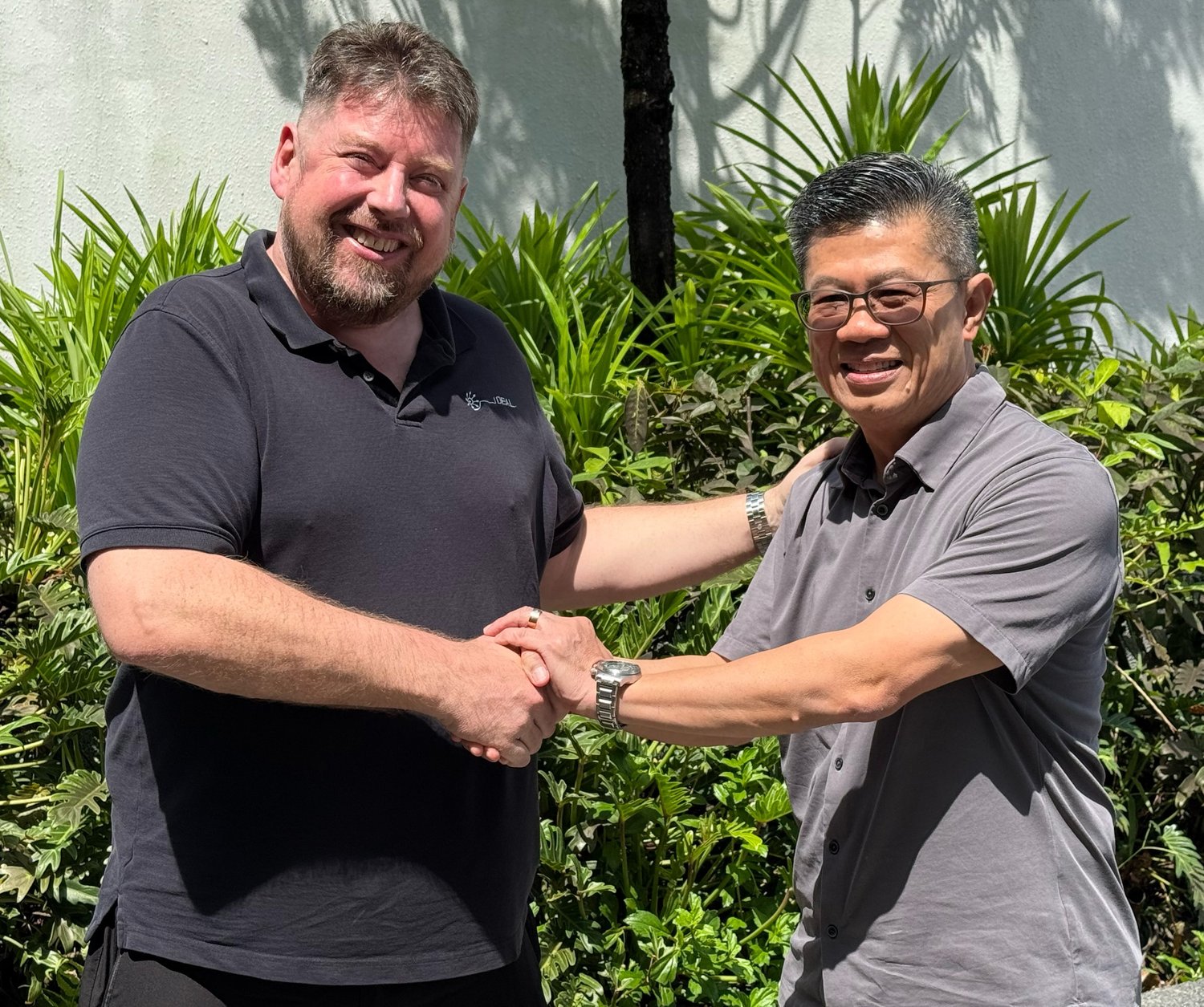Dr Abbas Panakkal’s monograph Musaliar King, published across four continents, critically examines decolonial historiography in the context of Malabar’s resistance to colonial forces.
Dubai, NFAPost: Professor Ameenah Gurib-Fakim, the first woman president of Mauritius, delivered a stirring message of congratulations to Dr Abbas Panakkal, the prominent historian, for his pivotal contributions to the field of historical scholarship via publishing the book Musaliar King.
Dr Abbas Panakkal’s latest monograph, Musaliar King, published by Bloomsbury in four different editions across four continents, critically examines decolonial historiography in the context of Malabar’s resistance to colonial forces. The work has garnered widespread acclaim for its rigorous exploration of resistance movements spanning the sixteenth century to the early twentieth century.
Sixth President of Mauritius Professor Gurib-Fakim lauded Dr Abbas Panakkal for his efforts in “rewriting history” by putting historical events in a new perspective, one that honors the voices of marginalised communities.
“From my own academic experience, I would like to highlight the importance of such works in revisiting colonial narratives that have long been written from the vantage point of the colonizers. As I have always said, history will look different when the gazelle writes the story and not just the lion,” Professor Gurib-Fakim remarked.
Dr Abbas Panakkal’s study, which delves into the resistance against British colonialism in Malabar, particularly focuses on the figure of Ali Musaliar, whom the British colonial administration labeled a “rebel monarch” during the 1921 uprising. His work uncovers how this designation was strategically employed by British authorities to shift blame and obscure their own actions that led to significant loss of life, both native and British, during the conflict.

President Gurib-Fakim reflected on the resonances of Dr. Panakkal’s findings with her own heritage, recalling the promises made to her ancestors when they emigrated to Mauritius as indentured laborers from India in 1862. “They were told that if they worked the soil, they would find gold. But what they found was a different story of hardship,” she shared, tying it back to the shared experiences of colonial exploitation.
Dr Abbas Panakkal’s exploration of the vernacular narratives, including letters, diaries, and oral traditions, also sheds light on the inter-community solidarity that emerged during these resistance movements. This theme of unity across religious and ethnic lines has parallels in Mauritius, where the diverse communities came together during times of hardship, particularly in the post-independence period.
Professor Gurib-Fakim recalled her own childhood memories of Mauritius in the years following its independence in 1968. “Intercommunal solidarity was crucial for our survival and growth. It became the foundation of our nation,” she said, emphasizing how this shared sense of unity transcended divisions, fostering a spirit of collective resilience.

The president also drew attention to the broader relevance of Dr Abbas Panakkal’s work, particularly in challenging the legacy of colonialism in the academic and political spheres. She noted that the critical examination of how history has been misrepresented—such as the portrayal of uprisings and resistance movements—has the power to reshape the narratives that influence contemporary understanding of national identity.
Echoing Dr Abbas Panakkal’s call for a revision of the history curriculum, Proessor Gurib-Fakim made a passionate plea for a more inclusive approach to teaching history. “As an academician, I have become more and more convinced that the history we are teaching our children needs to be rewritten,” she declared. “It matters because it shapes who we are as people and as a nation. It matters for our children and grandchildren, as it instills a renewed sense of pride in our heritage.”
She further highlighted the contributions of Asia and Africa to global civilization, pointing out that these regions—often overlooked in traditional historical narratives—have played pivotal roles in the advancement of science, technology, literature, and the arts. “We must remain focused on bringing the truth to the surface, gradually ensuring that these important histories reach a wider readership,” she urged.
President Gurib-Fakim emphasized the need for continued engagement with history, urging the younger generation to embrace their roots and take pride in their cultural and historical legacies. “When one is proud of who one is, one can achieve a lot by being true to oneself,” she said, encapsulating the profound impact that a renewed understanding of history can have on shaping the future.
Dr. Abbas Panakkal’s work, as underscored by the president, is more than just an academic exercise—it is a powerful tool for social change and historical justice, offering a nuanced and inclusive perspective on the complex legacies of colonialism.
















